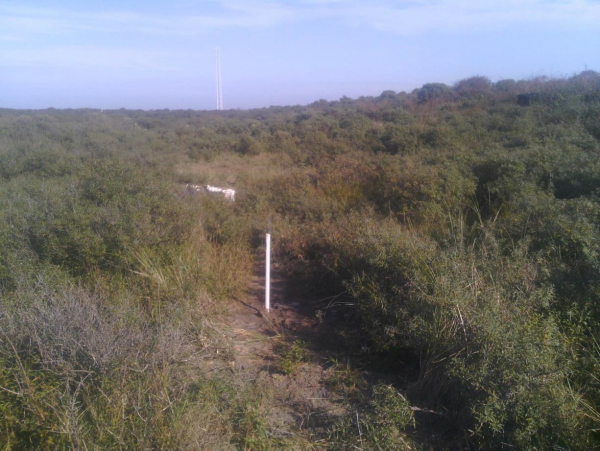 Ecological research is concerned with the question whether vulnerable ecosystems (plants or animals) present in the research area that may be at risk because of the planned activities. To determine this, a nature test or flora & fauna quick scan is carried out.
Ecological research is concerned with the question whether vulnerable ecosystems (plants or animals) present in the research area that may be at risk because of the planned activities. To determine this, a nature test or flora & fauna quick scan is carried out.